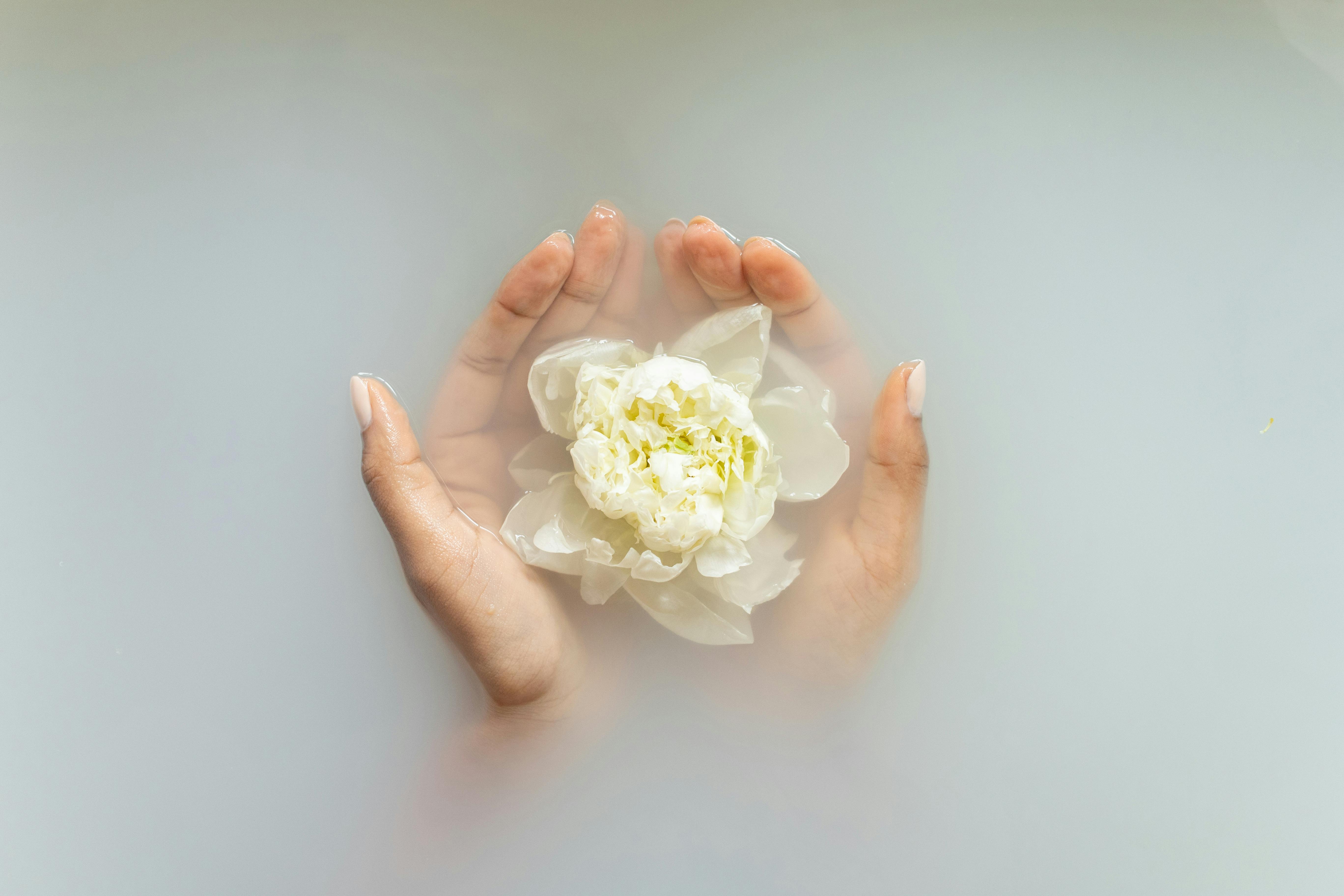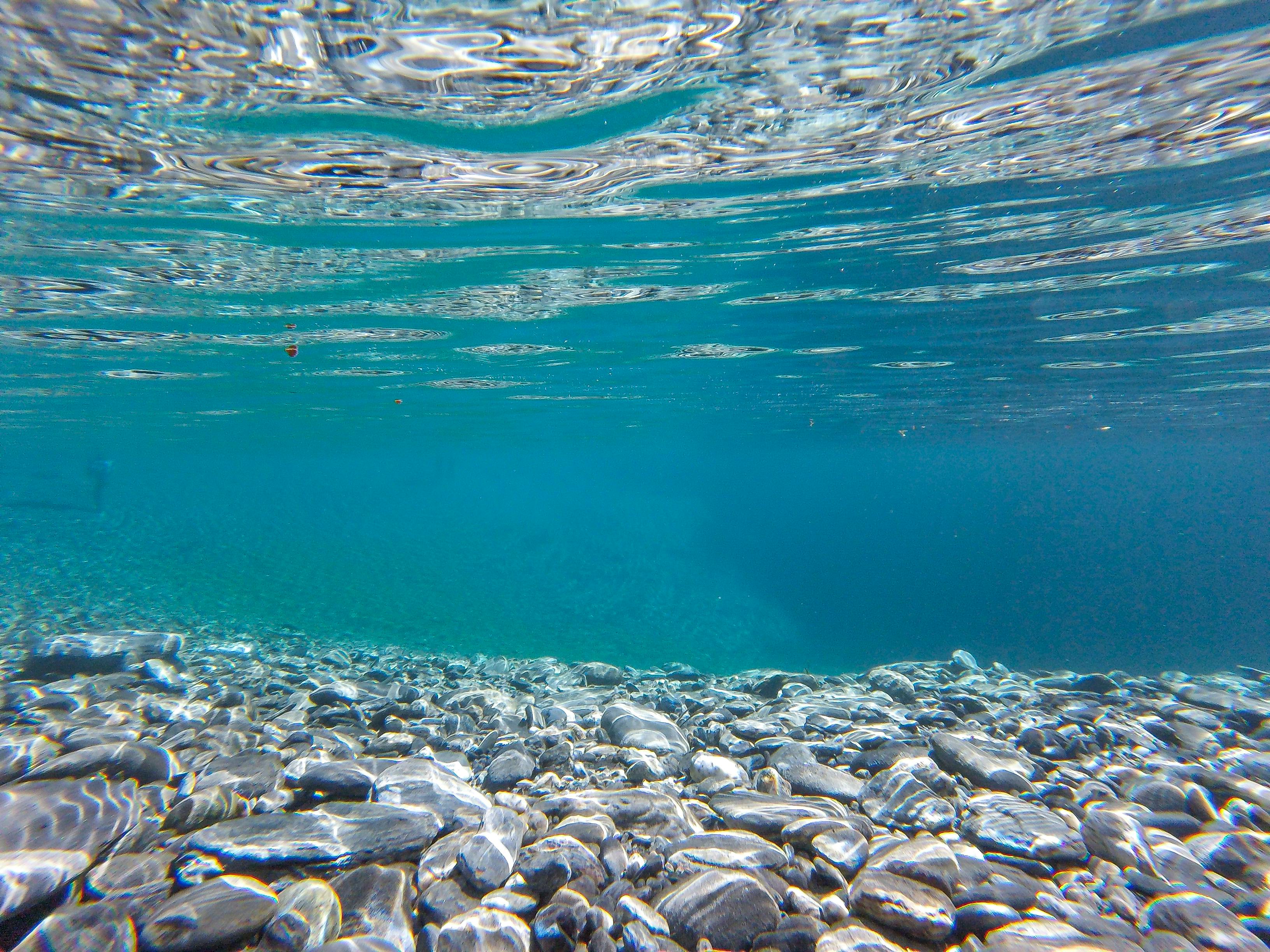Distilled water is one of the purest forms of water available. It is created by a process of distillation, which involves boiling water and collecting the steam that arises. This steam is then condensed back into liquid form, resulting in a clean, pure H2O. Distilled water has many uses and applications, ranging from cooking to medical. It can also be used as a safe drinking water source, as it does not contain any minerals or contaminants that are present in other types of water.Distilled water is water that has been boiled into vapor and then condensed back into liquid form. It is different from regular tap or spring water because it has been purified, with all of the impurities and minerals removed. Distilled water is often used in steam irons, car batteries and other household appliances.
Are the Impurities in Distilled Water Removed?
Yes, the impurities in distilled water are removed. Distillation is a process that involves heating water to its boiling point and then collecting the condensed vapor. During this process, impurities like salts, minerals, and other dissolved solids are left behind in the original container while the pure steam rises and is collected in a separate container. This steam then cools down and condenses back into water that is free of most impurities.
Distillation can also be used to remove certain chemical compounds from water. Since these compounds have different boiling points than water, they can be separated during distillation by collecting them in a different container when they reach their boiling point.
Distilled water is often used for drinking because it does not contain any of the contaminants that can be found in tap or ground water. It is also used in medical settings as it does not contain any bacteria or viruses which could cause infection if present in drinking water. It can also be used for cleaning and sterilizing equipment as it does not leave behind any residue after evaporating.
Overall, distillation is an effective way
The Benefits of Drinking Distilled Water
Drinking distilled water has a number of benefits for your health. It can help to reduce the risk of many diseases and illnesses, as well as improve overall health and well-being. Distilled water has a few key advantages over other types of drinking water.
One of the biggest advantages of distilled water is that it is free from contaminants such as bacteria, minerals, and other impurities. This makes it one of the purest forms of drinking water available. It also has a neutral pH level, which means it does not contain any acidic or alkaline compounds that could be damaging to your health.
Another benefit of drinking distilled water is that it can help to flush out toxins in your body more efficiently than other forms of drinking water. This is due to its lack of minerals and other impurities, which can slow down the process of detoxification in the body. Additionally, distilled water can help to reduce the risk of kidney stones and bladder infections since there are no mineral deposits in it that could cause these issues over time.
Finally, distilled
Is Distilled Water a Pure Substance?
Yes, distilled water is a pure substance. It is made by boiling water and then collecting the steam that is produced. This steam is then condensed back into liquid form, producing pure water free from any contaminants. Distilling removes all dissolved solids, such as salts and minerals, from the water, leaving behind only H2O molecules. Distilled water has many uses, such as in steam irons and car batteries; it can also be consumed as drinking water.
Distillation is one of the most effective methods for purifying water because it separates impurities from the pure liquid. The process works by boiling the contaminated liquid and condensing the vapor that rises off the boiling liquid into a separate container. This vapor contains only the purest form of H2O molecules, leaving behind any impurities or contaminants in the original container.
The end result of this process is distilled water that has been purified to its highest purity level. It has no taste or odor and can be used for many different purposes such as drinking or laboratory experiments. In fact, it is preferred over regular tap water because there
Distilled Water vs Tap Water
Distilled water and tap water are both types of drinking water, but they have some important differences. Distilled water is created through a process of distillation, where it is boiled to remove impurities and then condensed into a container. This process removes all minerals, salts, and other impurities, making it pure H2O. Tap water, on the other hand, is simply collected from a natural source like a lake or river and treated with chemicals to make it safe for drinking. While tap water may contain trace amounts of minerals and other components, it will still contain more pollutants than distilled water.
The main difference between distilled water and tap water is their purity levels. Distilled water has been boiled at high temperatures to remove any contaminants or pollutants that might be present in the source material. This makes it significantly safer than tap water in terms of potential health risks from contamination. Tap water is treated with chlorine or other chemical treatments to make it safe for drinking but can still contain trace amounts of bacteria or other pollutants that may be present in the source material.
Another difference between distilled and tap water is taste. Distilled water has

Advantages of Using Distilled Water
Distilled water offers numerous advantages over regular tap water, making it a great choice for many applications. Distillation is the process of boiling water and collecting the condensed vapor, which removes impurities from the water. This produces a type of purified water that is free from contaminants and pollutants, such as bacteria, heavy metals, and other toxic substances that are often found in tap water. As a result, distilled water is much safer to drink than regular tap water.
In addition to being a safe drinking option, distilled water also has many other advantages. It can be used for cooking and beverages because it does not contain any of the minerals found in regular tap water that can alter the taste or flavor of food or drinks. Distilled water also has a neutral pH level and doesn’t contain any chlorine or fluoride, making it ideal for use in aquariums and other aquatic environments where these elements can be harmful. Additionally, distilled water can be used in medical applications such as dialysis machines because it does not contain any bacteria or impurities that could contaminate the treatment process.
Finally, distilled water helps
What is the Process of Making Distilled Water?
Distilled water is water that has been purified through a process known as distillation. This process involves boiling the water and then condensing the steam back into liquid form. The impurities in the water are left behind, leaving behind pure, clean water. Distillation is a very common method of purifying drinking water, as it removes many potentially harmful contaminants from the water.
The process of making distilled water begins with heating the source material, usually tap or well water, to boiling temperatures. The heat causes any solid impurities in the source material to evaporate along with some of the liquid molecules. The vapor is then directed into a cooling chamber where it condenses back into a liquid and is collected in a separate container. As it cools, any remaining impurities are left behind, resulting in pure distilled water.
Once all of the vapor has been condensed and collected, some additional steps may be taken to further refine or filter out any remaining particles or contaminants in order to make sure that only clean and safe drinking water is produced. Depending on the type of distillation system being used, these steps may include
Does Distilling Remove All Contaminants From Water?
Distilling is a process used to purify water by boiling it and then collecting the vapor that is produced. This method of purification removes many contaminants, including bacteria, minerals, and even some chemicals. However, it does not remove all contaminants from water. Depending on the type of contaminants present in water, distilling may not be effective at removing them. For example, some volatile organic compounds may not be removed through distillation due to their low boiling points. Other substances such as heavy metals may also remain in the distilled water since they do not evaporate at boiling temperatures. Therefore, while distillation can be an effective method for water purification, it does not remove all contaminants from the water.
In order to ensure that all contaminants are removed from drinking water, other methods such as reverse osmosis or carbon filtration are often used in conjunction with distillation. Reverse osmosis is able to filter out most dissolved particles and heavy metals while carbon filtration can remove chemicals and other organic compounds. By combining these two methods with distillation, it is possible to create a complete system

Conclusion
Distilled water is a pure substance that is made up of just two elements, hydrogen and oxygen. It has no other contaminants or minerals in it and is extremely safe for consumption. Distilled water can be used in many different ways, from drinking to industrial applications. It is an extremely effective method of purifying water, removing almost all impurities.
Its benefits include being free from pollutants, having no taste or smell, being low cost, and being easy to make. The main downside to distilled water is that it lacks essential minerals and ions which are important for human health.
Overall, distilled water can be a great choice for those looking for an effective way to purify their water while remaining healthy and safe. Its benefits outweigh its disadvantages and it remains an excellent option for those looking to take advantage of this type of pure substance.

